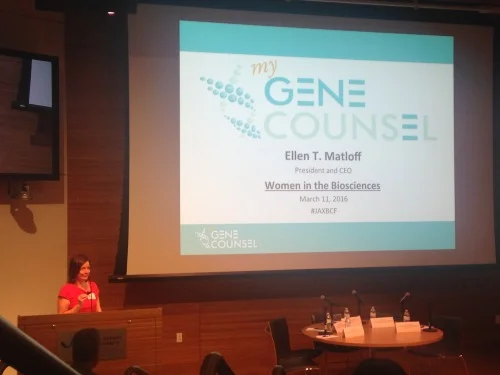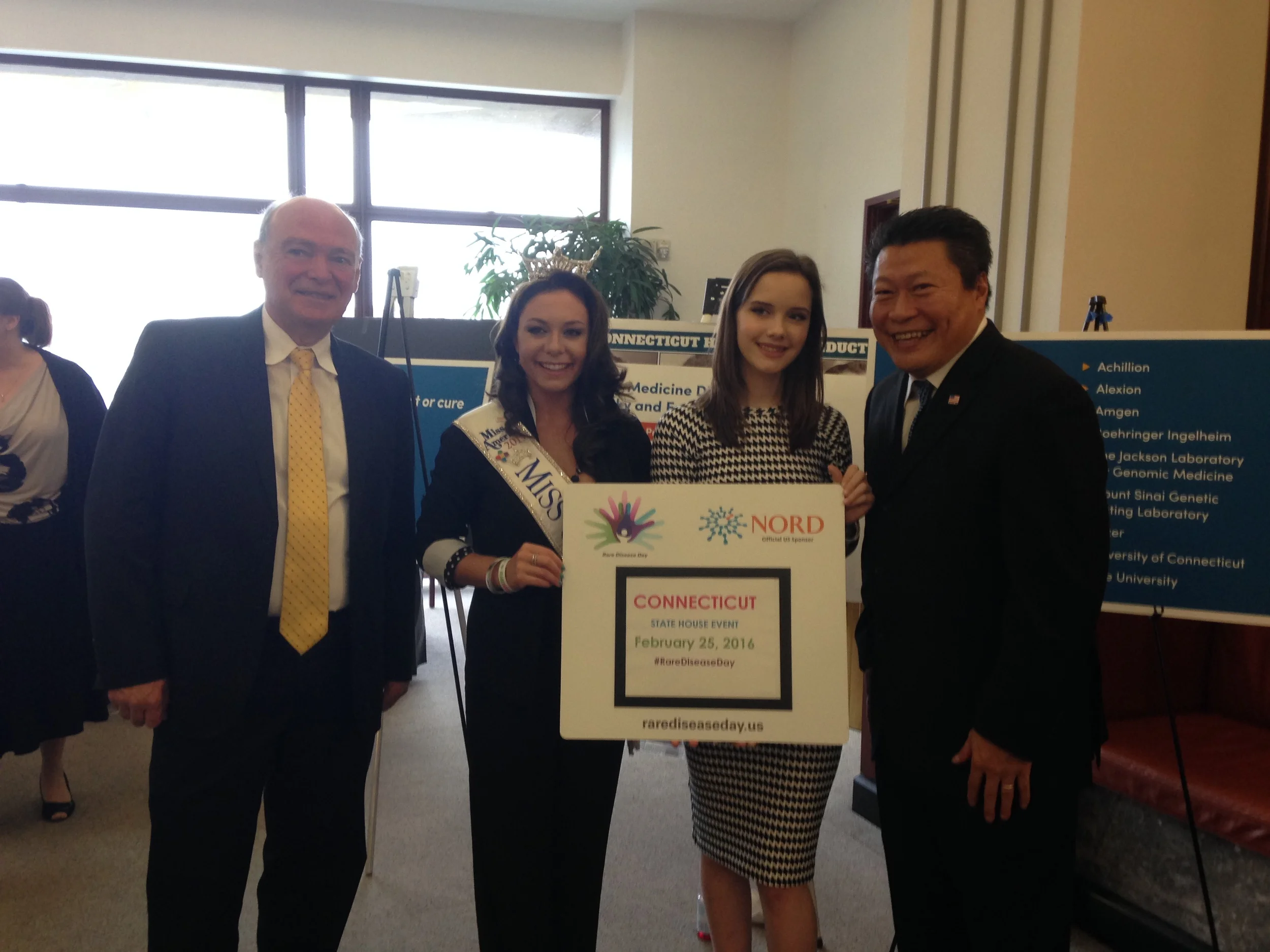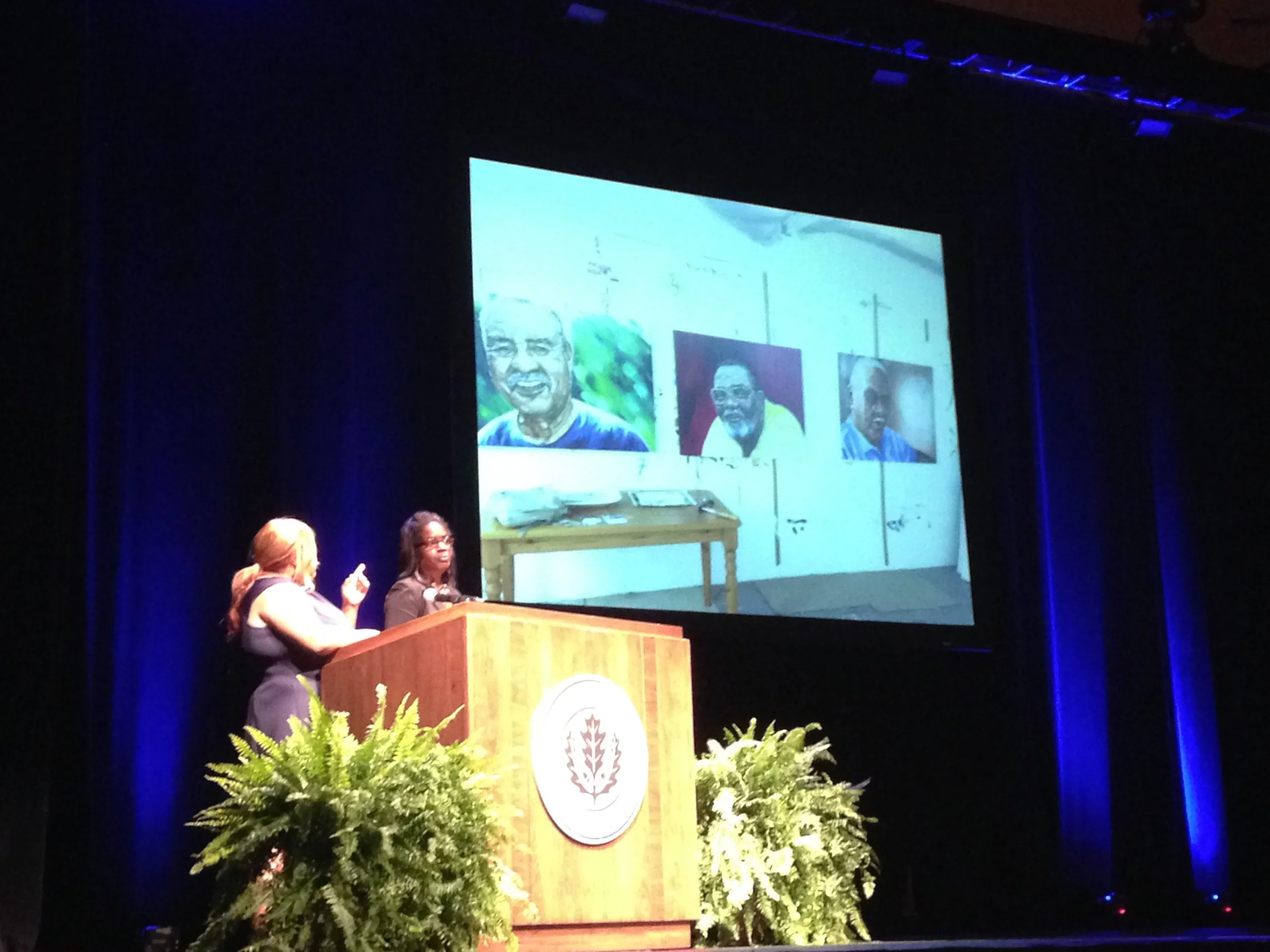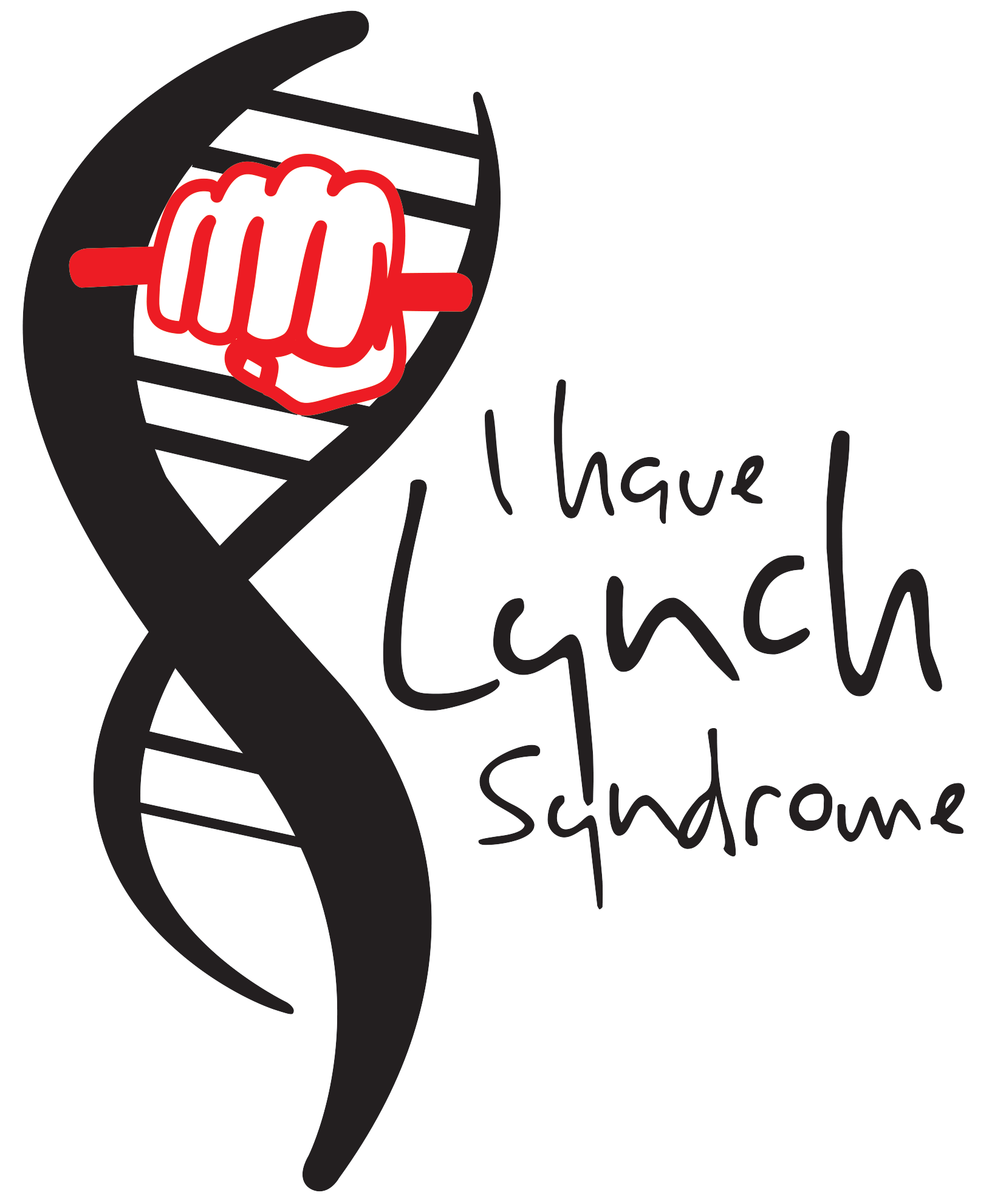Dr. Ellen Elliott discusses her research of lncRNAs in TH2 cells and asthma. and how she uses CRISPR to do it.
Vote Now for DNA Today in Podcast Awards!
Vote for DNA Today in the Podcast Awards!
#47 Sharon Turcotte on lncRNAs
What a lncRNA is, its function in gene expression, the diseases associated, how the CRISPR-Cas can modify it.
#46 DNA Day!
Learn what DNA is, the history of humans discovering new aspects of DNA, the fun events you can take part in and careers that all relate to DNA.
#45 Hole In The Wall Gang Camp
Former camper and current camp counselor, Ester Wasserman shares the magic of camp, how it was founded, what it offers to seriously ill children campers and her own experience through the years.
#44 CRISPR
CRISPR is a genetic editing technology that will change the future of genetics. In the past 3 years it has been used in labs throughout the world. It has the potential to fix point mutations and larger mutations in our genome. Diseases caused by point mutations include Cystic Fibrosis, Sickle Cell Anemia, and Tay-Sachs disease. More complex conditions such as cancer, HIV or autism could be cured if the RNA gene editing is developed further.
#43 Lynch Syndrome
Hereditary nonpolyposis colorectal cancer (HNPCC), more commonly known as Lynch syndrome, is an inherited condition that greatly increases the risk of many cancers, most notably colorectal cancer.
#42 Women In Bioscience: Let There Be No Limit
Jackson Laboratories held The Bioscience Career Forum II: Women in Biosciences. The Forum centered on recruiting and retaining women in the biosciences. Women leaders in the bioscience industry discussed what it takes to enter Connecticut's most rapidly developing sector. Topics included equalizing the the gender gap in the biosciences, vital skill acquisition and training, the importance of networking and finally, how to land job.
#41 Rare Disease Day 2016
February 29th is the rarest day of the year and that means it's Rare Disease Day! Throughout the world NORD (The National Organization of Rare Diseases) has hosted Rare Disease Day events. I attended the Connecticut Rare Disease Day at the State House in Hartford and interviewed a few of the presenters including Jackie and Eloise Stager, founders of JaxLegacy, John Hopper, the director of the Fibrolamellar Cancer Foundation and Maddie Shaw, leader of Maddie's Herd.
#40 UCONN-TIP (Technology Intern Program)
Dr. Caroline Dealy returns to the show to discuss the UCONN-TIP (Technology Intern Program). She is the founder and director of the program. UCONN-TIP pairs UConn students with university start-up companies for mentored research internships in business or STEM. She shares what kind of research experience can students anticipate and how it can help in your career.
#39 Sun Kissed & Kardashian's Genetic Testing
On a recent episode of the Keeping Up With The Kardashians, the family went through genetic testing, but what did the episode leave out or get wrong? I review the documentary Sun Kissed: One Gene Exposes a Nation's Dark Past, about a family who has children with an extremely rare genetic disorder, Xeroderma Pigmentosum.
#38 Here Is A Human Being Book Review
In his book, Misha Angist takes you through his experience as the fourth subject in the Personal Genome Project, George Church’s ambitious plan to sequence the entire genomic catalog: every participant’s twenty thousand–plus genes and the rest of his or her six billion base pairs.
#37 Your Cells. Their Research. Your Permission?
Rebecca Skloot, best-selling author, has published an article, "Your Cells. Their Research. Your Permission?", in it she urges the public to voice their opinions whether permission should be required by scientists to use people's cells for research.
#36 BRCA UCONN Event
I recap the UCONN BRCA event I MCed. It featured a panel of experts including a Certified Genetic Counselor Robin Schwartz, members of the department of Public Health Genomics Advisory, Physicians and Cancer survivors.
#35 October Awareness Month
It’s October and that means it National Awareness for many cancers, disorders and diseases. I discuss some of these giving a 101 lesson on the diseases such as breast cancer and liver cancer.
#34 Henrietta Lacks
UCONN hosted a free event honoring Henrietta Lacks on September 24th, 2015 at The Jorgensen Center for the Performing Arts. The bestselling author of the book, The Immortal Life Of Henrietta Lacks, Rebecca Skloot presented as well as members of the Lacks family. This episode recaps the event and features an interview with descendents of Henrietta Lacks, Kimberly Lacks, granddaughter, and Veronica Spencer, great-granddaughter.
#33 Syndromes Raise Cancer Risk
What are syndromes that elevates one’s risk for developing cancer? There are many different conditions, this episode highlights Cowden’s Syndrome, Lynch Syndrome and Li-Fraumeni Syndrome.
#32 Dr. Caroline Dealy, Regenerative Medicine and Skeletal Development
Dr. Caroline Dealy of UCONN Health gives an inside scoop about her research on the development of the human skeleton.
#31 Robin Schwartz, A Hereditary Cancer Genetic Counselor
Robin Schwartz shares her experience as a hereditary cancer genetic counselor.
#30 Women In Genetics
10 women who made major contributions to the fields of microbiology and genetics are recognized.




















